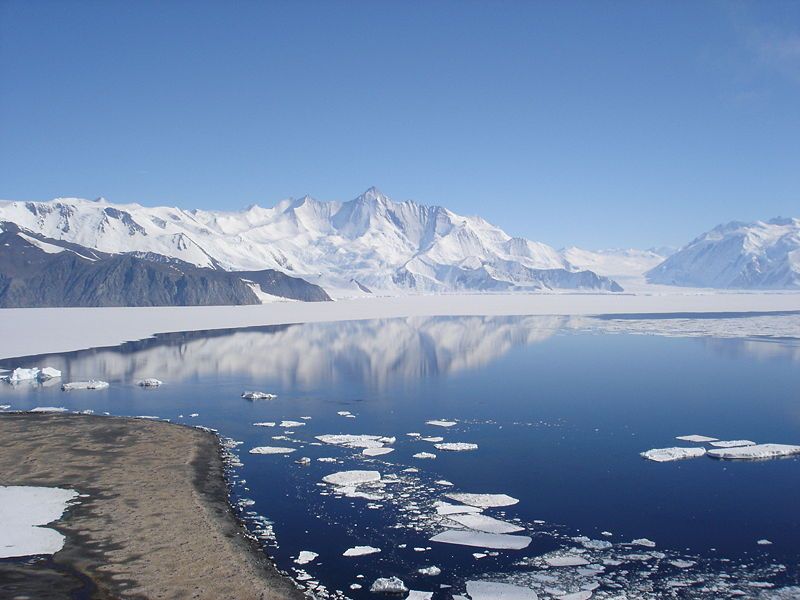Oceans are storing heat to hide global warming, whilst sea levels are rising faster than expected
It is a grim week for news on climate change, as two new studies show things may be worse than first thought. A study by the National Centre for Atmospheric Research has revealed that missing energy caused by rising greenhouse gasses could be being stored in the deep ocean.

It is a grim week for news on climate change, as two new studies show things may be worse than first thought. A study by the National Centre for Atmospheric Research has revealed that missing energy caused by rising greenhouse gasses could be being stored in the deep ocean. It has long been wondered why temperature increases are not rising in line with carbon dioxide increases, but this new research could mean the ocean is ‘buffering’ the effect of climate change, meaning climate change could be much worse in future as this effect diminishes.
The last ten years have been the warmest on record, but the massive increases in carbon dioxide mean the climate should have warmed more than it did, NCAR's Kevin Trenberth, a co-author of the study says. Satellite observations have shown more energy entering the planet than there is leaving it. The missing energy, it seems, is being stored in the deep ocean, according to models.
Trenberth says, “"The heat has not disappeared and so it cannot be ignored. It must have consequences”. Their models showed that, whilst temperature is likely to reach a similar point over the next century, the increase will be interrupted by several periods of stablisation caused by changes in the circulation of the deep ocean, before further increases occur.
In another study released this week, ice from Greenland and Antarctica is melting at a faster rate than previously thought, meaning the IPCC projections of sea level are possibly underestimating future rises. The melting has accelerated over the past 20 years with Greenland being the most affected.
Losses from ice sheets are estimated at 475 gigatonnes per year, causing a 1.3mm sea level rise. This will lead to a 15cm total rise from ice sheet sources by 2050. When factoring in glacier melt and thermal expansion, the net rise in sea level is expected to be twice this. By 2100 ice sheets will contribute around 60cm of rise, whilst the net rise will be around 1m. Dr. Rignot, writing in Geophysical Research Letters says, “That ice sheets will dominate future sea level rise is not surprising - they hold a lot more ice mass than mountain glaciers. What is surprising is this increased contribution by the ice sheets is already happening.”
The IPCC stated in their 2007 report that the estimate for sea level rise was likely to be an under-estimate due to the lack of knowledge of ice sheets. The latest methods of detecting ice loss now use observed readings of speed of the ice sheet as well as satellite observations of the changes in gravity associated with loss of ice.




